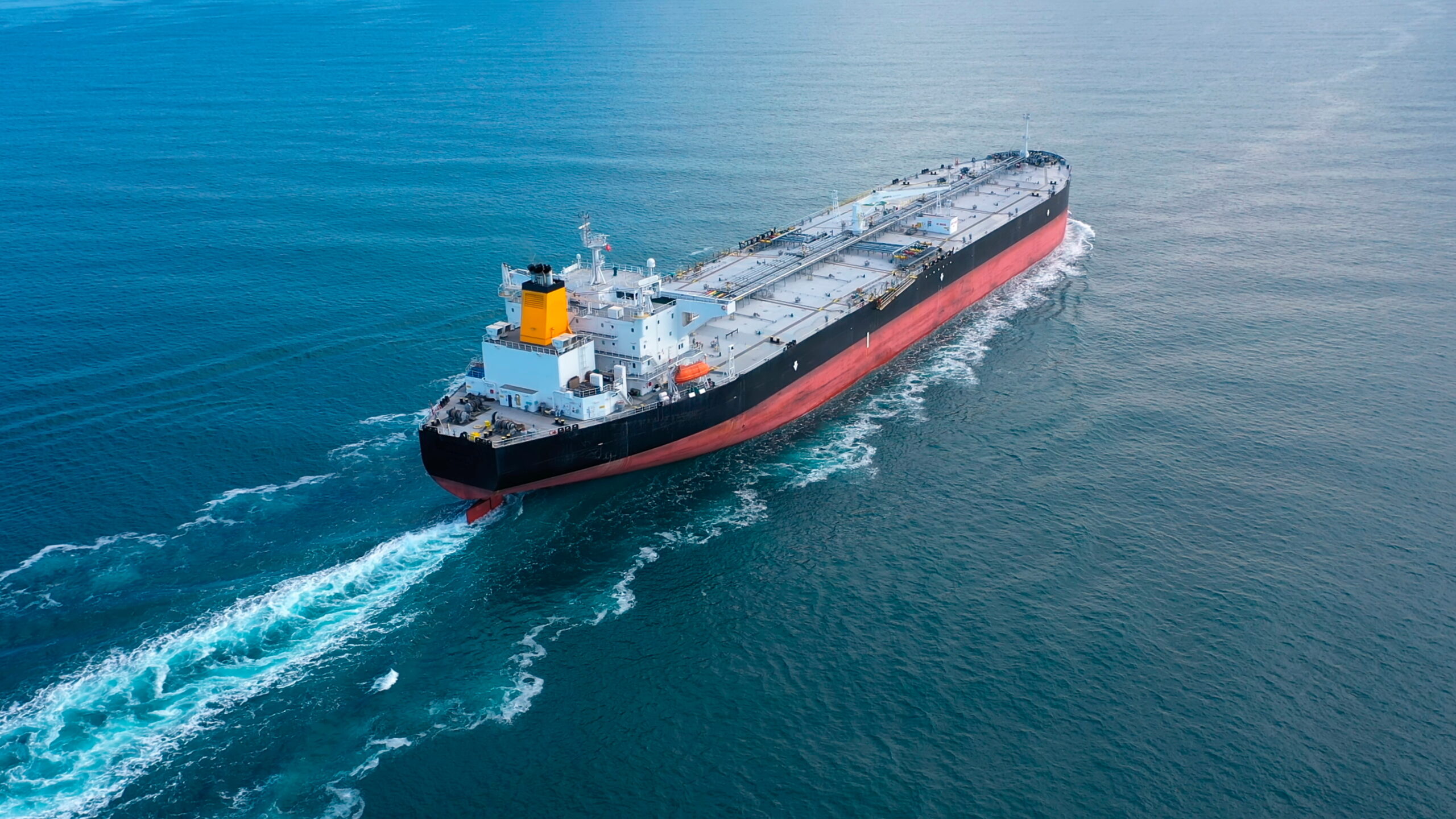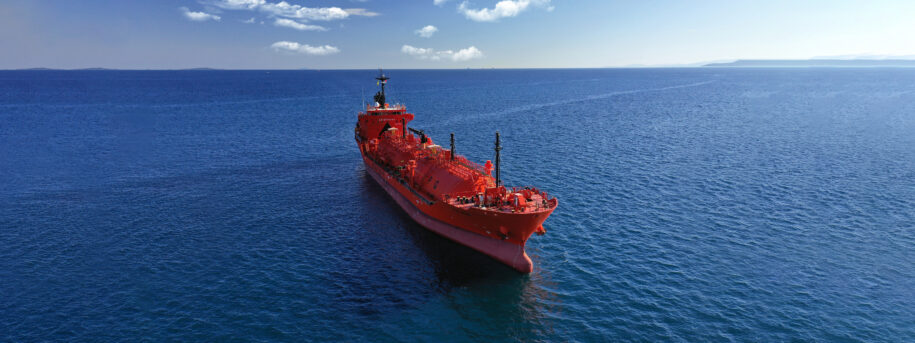The Partnership Between IMCA and MARPOL: Advancing Marine Environmental Safety
The marine environment is under constant threat from human activities, with offshore and subsea operations contributing significantly to pollution risks. In response, the International Marine Contractors Association (IMCA) and the International Convention for the Prevention of Pollution from Ships (MARPOL) have formed a robust partnership to safeguard marine ecosystems. Their collaborative efforts have resulted in the implementation of stringent pollution prevention measures, particularly in the offshore and subsea sectors. This article explores how IMCA and MARPOL work together to advance marine environmental safety.

Understanding MARPOL: The Cornerstone of Pollution Prevention
MARPOL was introduced by the International Maritime Organization (IMO) in 1973, with subsequent amendments to address evolving environmental challenges. It stands as the most comprehensive framework for controlling marine pollution caused by ships. The convention is divided into six technical annexes:
- Annex I: Regulations for the prevention of pollution by oil.
- Annex II: Control of pollution by noxious liquid substances in bulk.
- Annex III: Prevention of pollution by harmful substances carried in packaged form.
- Annex IV: Sewage discharge regulations.
- Annex V: Management of garbage generated on ships.
- Annex VI: Regulations to reduce air pollution from ships, including greenhouse gas emissions.
These annexes set the global standard for minimizing the ecological impact of maritime operations. Compliance with MARPOL is mandatory for all signatory nations, making it a critical tool for environmental protection.
IMCA’s Role in Marine Operations
IMCA represents companies involved in offshore, marine, and underwater engineering, including those operating vessels, subsea equipment, and offshore platforms. It serves as a bridge between the maritime industry and regulatory bodies, focusing on safety, efficiency, and environmental stewardship. IMCA’s guidelines and standards are widely adopted in offshore projects, ensuring consistency and adherence to global best practices.
The Synergy Between IMCA and MARPOL
IMCA’s collaboration with the IMO ensures that the offshore and marine contracting industries comply with MARPOL‘s stringent pollution prevention standards. This partnership is essential for maintaining environmental integrity during high-risk operations such as oil drilling, pipeline installation, and underwater construction. Key areas of collaboration include:
- Policy Alignment: IMCA works with IMO to align its operational guidelines with MARPOL’s requirements, ensuring a seamless integration of standards across the industry.
- Technical Guidance: IMCA provides detailed technical guidance on topics such as ballast water management, oil spill prevention, and waste disposal, all of which are core to MARPOL compliance.
- Training and Education: IMCA conducts training programs to educate marine contractors about MARPOL regulations, helping them implement best practices on-site.
Pollution Prevention in Offshore and Subsea Operations
Offshore and subsea activities, such as oil extraction and underwater cable installation, carry inherent risks of environmental pollution. Through its collaboration with MARPOL, IMCA has developed innovative solutions to address these challenges:
- Spill Containment Measures: IMCA’s guidelines on spill response are designed to align with MARPOL Annex I, which focuses on preventing oil pollution. For instance, IMCA promotes the use of double-hulled vessels and advanced monitoring systems to minimize spill risks.
- Waste Management Protocols: In adherence to MARPOL Annex V, IMCA has introduced waste management frameworks for offshore operations. These include segregation of waste, proper storage, and safe disposal to prevent marine littering.
- Emissions Reduction: Addressing MARPOL Annex VI, IMCA encourages the adoption of green technologies, such as energy-efficient propulsion systems and alternative fuels, to reduce greenhouse gas emissions in offshore operations.
Case Study: Offshore Drilling Operations
A notable example of the IMCA-MARPOL partnership in action is seen in offshore drilling operations. These projects often involve significant environmental risks, including oil spills, chemical leaks, and waste discharge. By following IMCA’s operational standards, which are aligned with MARPOL‘s annexes, contractors have successfully minimized environmental damage. For instance:
- Advanced oil containment systems were deployed in the North Sea to prevent spills during drilling.
- Ballast water treatment systems, compliant with MARPOL Annex IV, were installed on drilling rigs to prevent the transfer of invasive species.
These measures demonstrate how collaboration between IMCA and MARPOL results in tangible environmental benefits.
Challenges and Future Directions
While the partnership between IMCA and MARPOL has yielded significant progress, challenges remain. These include:
- Technological Gaps: Offshore operations require cutting-edge technology to meet MARPOL‘s stringent standards, which may not always be readily available.
- Compliance Costs: Implementing MARPOL regulations can be costly, particularly for smaller marine contractors.
- Global Enforcement: Ensuring consistent enforcement of MARPOL regulations across all jurisdictions is an ongoing challenge.
To address these issues, IMCA and IMO are exploring innovative solutions, such as digital monitoring systems and international funding mechanisms to support compliance efforts.
The Road Ahead
The collaboration between IMCA and MARPOL exemplifies the power of partnerships in addressing complex environmental challenges. Moving forward, their joint efforts will likely focus on:
- Expanding the adoption of green technologies in offshore operations.
- Enhancing training programs to build industry-wide expertise in pollution prevention.
- Strengthening global enforcement mechanisms to ensure uniform compliance with MARPOL regulations.
Conclusion
The IMCA-MARPOL partnership stands as a testament to the maritime industry’s commitment to environmental stewardship. By aligning operational standards with MARPOL‘s regulations, IMCA has played a critical role in advancing pollution prevention measures in offshore and subsea operations. As they continue to innovate and collaborate, this partnership will remain at the forefront of marine environmental safety, protecting our oceans for generations to come.
